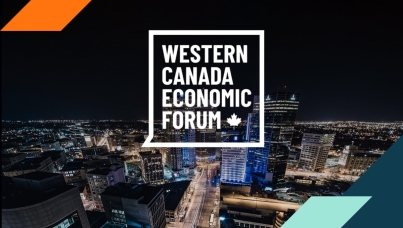

Can we bridge the generational divide? The first step is understanding it
Across most of Ipsos Canada work, whether our own proprietary studies or work for clients, we are seeing significant generational differences play out. These divergent perspectives have important implications for policymakers, businesses, and organizations looking to bridge generational gaps.
This summary of the Ipsos 2025 Equalities Index shows the significant differences in how Canadians view success, fairness, and equality.
The ideas of "fairness," "opportunity," and "success" differ by generation. Baby Boomers largely embrace a traditional meritocratic worldview where equal opportunities lead to fair outcomes based on individual effort. At the other end of the spectrum, Gen Z is moving toward a perspective that questions whether structural factors limit the effectiveness of merit alone and whether equal outcomes should be a more direct goal.
Recognizing these divergent starting points is essential for productive cross-generational dialogue about Canada's future and for any organization looking to communicate across generations in Canada. Whether you are offering a financial service aimed at creating long-term success or justifying a public policy based on its fairness, understand that what might appeal to one generation may well alienate another. When it comes to workplace culture it is safe to assume that the different generations have fundamentally different expectations about fairness and merit in hiring, promotion, and compensation practices.
To access the full report for global comparisons, please click here.

![[WEBINAR] KEYS: Screen Time](/sites/default/files/styles/list_item_image/public/ct/event/2026-01/thumbnail-keys-Screen%20Time_0.jpg?itok=eXdaOq5B)
![[WEBINAR] What the Future: Family - Canadian Edition](/sites/default/files/styles/list_item_image/public/ct/event/2026-01/wtf-family.png?itok=sZ2GZ8eY)
